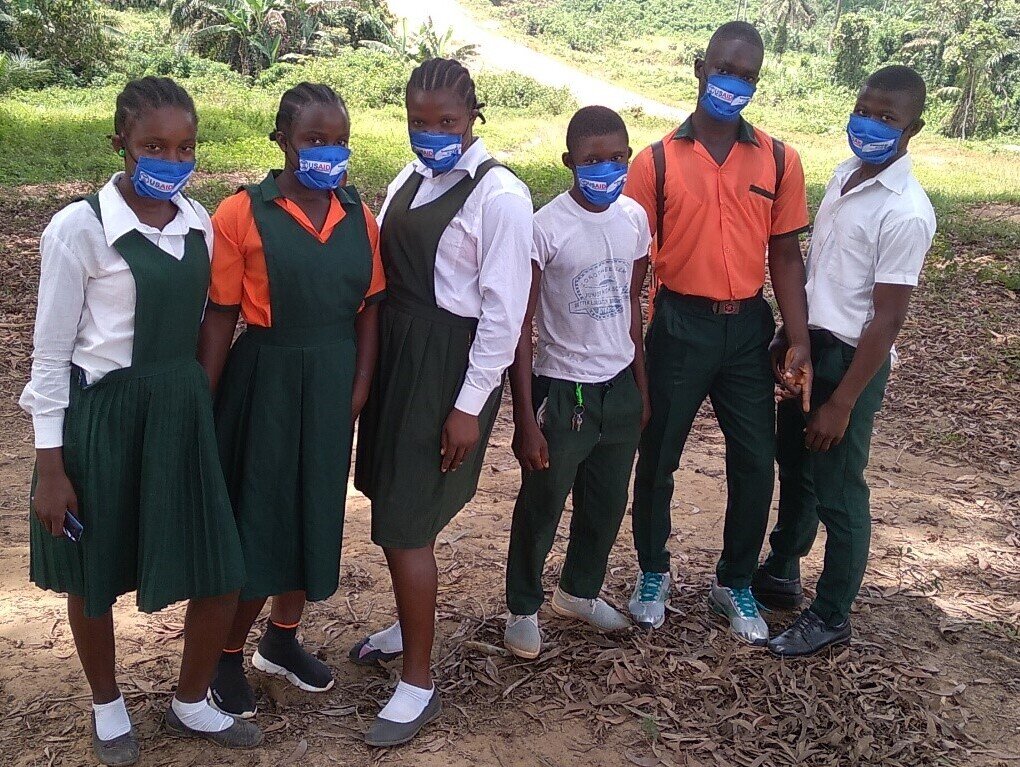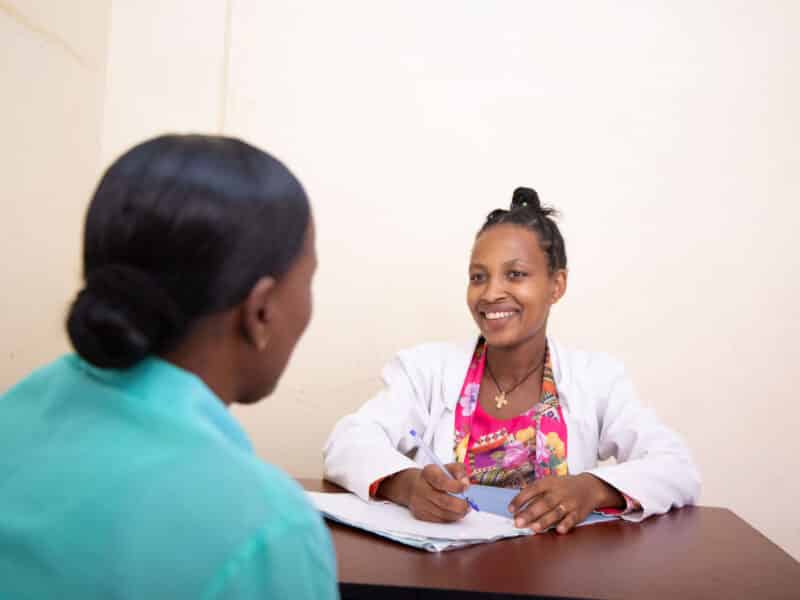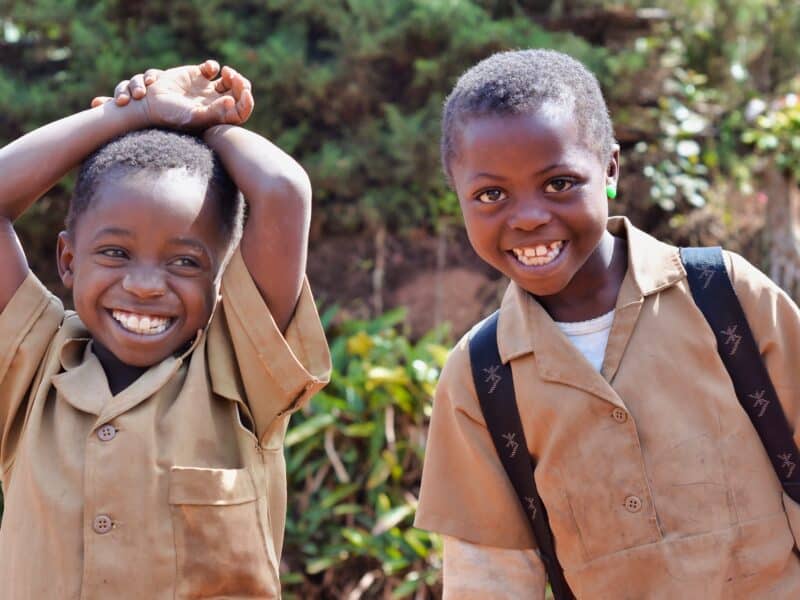Gayeline Gblee doesn’t want to become part of the 30 percent of Liberian girls who becomes pregnant during their teenage years.
Marcus Yarkpah doesn’t want to become a father while he is still in school.
That’s why they joined the first adolescent health clubs in rural Zorgowee. These once-a-week clubs – separate ones for boys and girls – are safe spaces designed to help teens learn about reproductive health and contraception, and the long-term health and social risks associated with unintended early pregnancies. They were created by the Johns Hopkins Center for Communication Programs-led Breakthrough ACTION Liberia project in conjunction with the Ministry of Health in Liberia to develop ways to reduce teen pregnancy.
“Being pregnant as a teenager is a social norm in parts of Liberia and we want to break that cycle,” says Saratu Olabode-Ojo, CCP’s chief of party in Liberia. “We want the community to see that by keeping girls from getting pregnant and staying in school, it will improve the community. We need everyone to understand the far-reaching consequences of teen pregnancy, not just on the health of young mothers and their babies but on future education and earning potential.”
According to the World Health Organization, at least 10 million unintended pregnancies occur each year among adolescent girls aged 15–19 years in the developing world. While complications during pregnancy and childbirth are the leading cause of death for 15–19-year-old girls globally, babies born to mothers under 20 face higher risks of low birth weight, preterm delivery and severe neonatal conditions.
In October 2020, Breakthrough ACTION Liberia held a co-design workshop with 33 young people, who recommended that adolescent clubs should be set up as a channel for sharing educational content on family planning.
Breakthrough ACTION SBC program officer Thon Okanlawon worked closely with the ministry of health structures at the national and county level to identify priority communities where to start off the clubs. In one community, in rural Bong County, there were no girls in school. None. “They all were pregnant,” Olabode-Ojo says. Girls are forced to drop out of school once they are pregnant, putting them into a cycle of poverty from which it is difficult to escape.
The clubs are currently in eight of Liberia’s 15 counties, with roughly 10 per county already operational. Out of each 10 clubs, the target is six for girls and four for boys. Each club will have 15 members and meets once a week, with their parent’s permission.
During club meetings, the adolescents listen to radio episodes adapted from a long-running youth focused sexual health program and discuss them as a group. The young people are encouraged to be open and ask questions. Club leaders may refer the adolescents for family planning services. Meanwhile, at various points over the 10-week sessions, members also have a chance to develop and share their own personal stories relating to reproductive health.
Saving Kesselee is a member of a boys’ health club in Zorgowee. He says he hopes to learn more about his own body and how to keep himself from engaging in sexual activities until he is older.
“I want to take my education forward, not to have someone pregnant to be a burden to my family,” Saving says. He already talks like a champion for reducing teenage pregnancy: “I will be the one to spread the news to other friends how to take care of themselves, not to put their selves into early responsibilities.”
Says Marthaline Saye, one of the girls’ club members: “I will be one of the [positive] examples.”





